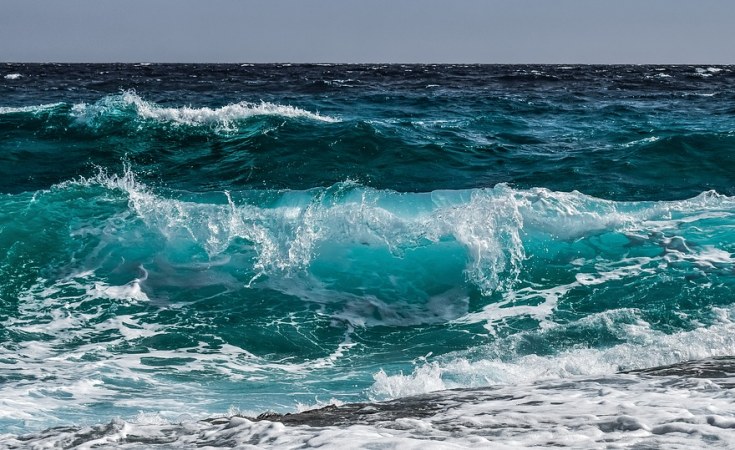The blue economy policy for Namibia is ready for approval by Cabinet, says the minister of fisheries and marine resources.
Derek Klazen said the inter-ministerial committee on the blue economy policy has validated the policy and it is now ready for Cabinet approval. He made these remarks while addressing his ministry's staff to kick-start this year's work calendar in Windhoek last week.
Klazen said many positives are expected to be derived from the implementation of the blue economy policy, not only by the fishing industry, but also by industries such as logistics, mining, renewable energy, transportation and the biochemical industries.
The implementation of the policy runs from 2022 to 2031 and is aimed at ensuring that Namibia optimally benefits from its marine activities.
Blue economy refers to the sustainable use of ocean resources for economic growth to improve people's livelihoods and job creation, while preserving the ocean ecosystems.
Its components include ocean industries such as fisheries, tourism, marine transport, as well as emerging activities like offshore renewable energy, agriculture, seabed and extractive activities.
It is anchored on goal 14 of the United Nations Sustainable Development Goals, which advocate the constervation and sustainable use of the oceans and marine resources.
The blue economy also includes inland water bodies such as lakes and rivers, because all water on Earth is ecologically interconnected.
In Namibia's fifth National Development Plan, which serves as the blueprint on how the country can accelerate development, the blue economy is listed as one of the interventions for an inclusive economy that will help eliminate poverty and reduce inequality to achieve Vision 2030 objectives.
To entice students, young people and the public to show interest in the blue economy concept, the policy calls for the incorporation of sustainable blue economy aspects into teaching curricula in schools, colleges, universities and other tertiary education institutions, as well as orientation programmes for all staff in the public and private sectors.
Relevant information on the implementation of the blue economy policy will be broadcast through various mass media platforms and the information will be translated into local languages to ensure people at the grassroots understand it.
One of the major challenges facing the blue economy globally is the destruction of marine ecosystems, marine pollution and marine insecurity caused by terrorism and piracy.


